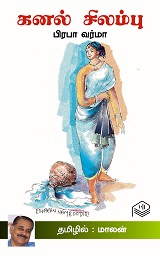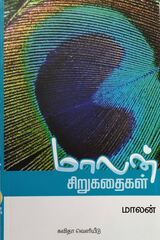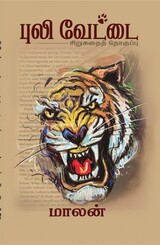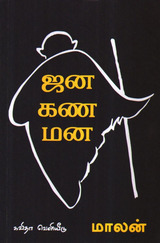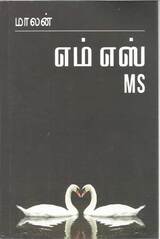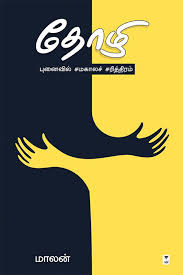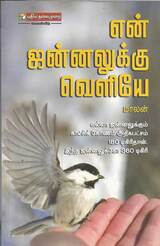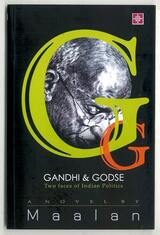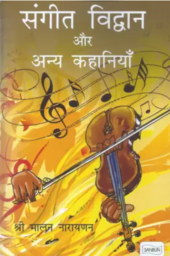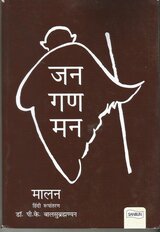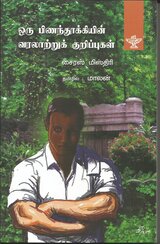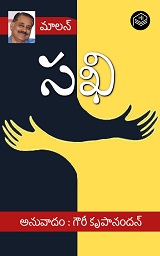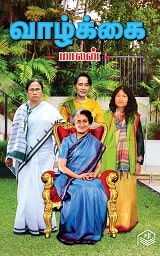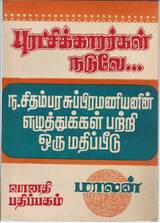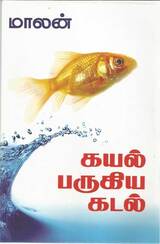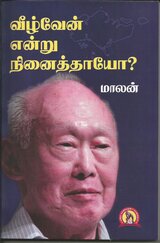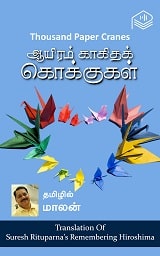Miscalculation
Janani eagerly awaited the arrival of her grandfather.She had a question for him and an important one too. A question she definitely had to ask – was her answer right or wrong? Janani picked up her test paper yet again and gazed at it. A line was drawn across her answer in red ink. A huge zero was written on the margin next to it. Janani’s four-year- old brain knew only too well what the zero meant – that her answer was wrong. But how could ‘7 x 2 = 14’ be wrong? That was what baffled her.
Janani had turned four only last”
“month. But she was rather smart for a four-year-old. Her hands could not stay still for more than 30 seconds without being up to some kind of mischief. Her mouth was always busy asking questions – “Why is the sea blue?”, “Why is the tree green?”, “Where do shiny papers come from?”, “Will the cow that is getting wet in the rain catch a cold?”, “How does the computer know everything?” and even, “Is God a computer?”
Answering Janani’s many questions was like throwing a stone at a bee hive. Answering one question was usually not the end of it. A string of questions would follow. If she started her usual rapid fire questioning, her father would say “Now, that’s enough darling,” or her mother would say, “You”“shouldn’t talk like that, dear.”
But, her grandfather would answer all her questions, without getting irritated or tired. He would answer them with gusto, as if he were the child. And, slowly, he taught her how to figure out the answers for herself. “Think out of the box and you will find the answer,” he told her. He taught her how things would appear differently if she looked at them from a different angle. He would press ‘7’ on the calculator, invert it and tell her that it was the Tamil letter ‘ட’. He would punch ‘3’, invert it and tell her it was an ‘E’. He would say a zero was an ‘O’. If she asked her grandfather, he would know why her answer was wrong.
Grandfather panicked as soon as he saw the test paper. “What? Zero! What was the question ? Show me
“e question paper.” He took the question paper and read out aloud.
“There are seven days in a week. How many days are there in two weeks?”
He opened Janani’s answer booklet.
Her answer was ‘7 X 2 = 14’.
Teacher had put a cross in red ink across her answer.There was a huge zero in the adjacent margin.
“Is it wrong, Grandpa? How is it wrong?”
“That’s what puzzles me too.”
The next day Grandfather took leave from work. He accompanied Janani to school. He met the Maths teacher in private and showed her the test paper which he had brought along.
“What’s wrong with this, Ma’am?”
The teacher glanced at the paper”
“without taking it from him.
“Oh! This?”
“Why is it wrong?”
“It is wrong.”
“How so?”
The teacher raised her hand and stopped him from speaking any further.
“I’ll tell you why. We have worked out the solution to this exact problem in class.”
“How?”
“There are seven days in a week. So, in two weeks, 2 x 7 = 14.”
“Okay. But is it wrong if the child answers as 7 x 2 = 14?”
“It is wrong. She will have to answer exactly how we teach her in class. It is wrong to have answered 7 x 2 = 14 when we had in fact taught her 2 x 7 = 14.”
“But that is unfair, Ma’am!” Grandfather shouted. “I will
“complain to the Principal.”
“Please do so,” the teacher said without being bothered by his threat.
The Principal removed his spectacles, put on his reading glasses and looked back and forth at the question paper and the answer sheet. He listened attentively to everything Grandfather told him. “Please wait a moment. I’ll look into this,” he said finally.
Janani’s Maths teacher was called in. She came holding the Maths Workbook in her hand, as if she was anticipating the call.
“What’s this?” the Principal asked her.
“Sir, we have worked out the solution to this problem in class.” The teacher placed the Maths Workbook on the Principal’s desk and opened it. “But the pupil did not write the”
“same answer during the test.”
“So what? Does that make 7 x 2 = 14 wrong?” Grandfather asked again, angrily.
“It’s not quite like that. This question was asked to find out how attentive a pupil is in class,” said the Teacher.
“I am sorry, Sir. I can infer from this that your granddaughter is not very attentive in class. Kindly admonish her,” the Principal said.
Grandfather quickly stood up, pushing the chair backwards.
Seeing the Education Officer meant waiting for more than two hours. Grandfather sat on a bench along the corridor and observed the constant traffic of stacks of documents moving in and out of the officer’s room for his signature. The officer invited Grandfather into his office only after completing all his”
“work and before he was about to step out.He opened the conversation with “I have to leave urgently. Please say whatever you wish to say in five minutes, Sir.”
Grandfather began to narrate all that had happened as fast as he could only to be interrupted by the officer midway.
“LKG, UKG (Lower Kindergarten, Higher Kindergarten)… those don’t come under our purview,” he said.
“Well, that may be so. But don’t you think this is unfair?”
“What?”
“Marking a correct answer a zero?”
“I can’t say your grandchild’s answer is totally wrong. It is partially correct.”
Grandpa pondered over that for a while. “Can you give me a letter saying that her answer is partially correct?”
“We cannot commit in writing, Sir.”
“Not even that 7 x 2 = 14?”
“It’s not that. Firstly, this is outside my jurisdiction. It is beyond my purview. Secondly, even Gandhiji (Mahatma Gandhi) has said that not only the ends but the means must also be correct.”
Grandfather couldn’t decide if he should take this matter all the way up to the Minister.
Before proceeding to such a high level, he felt he should talk to Janani’s father and mother first. In fact, they might get angry that he had gone to such an extent on his own without consulting them. They might even be upset that, good or bad, it was their child who would have to face the consequences of his actions. But, surely, he reasoned,”“they would not be so emotionless as to ignore such a grave injustice being done to their child. So, he gently broke the news that night at the dinner table.
“The teacher could be wrong, Dad. But, why did Janani not answer in exactly the same manner as she was taught?” Father said.
“Well, she didn’t. So, is that wrong?”
“But why didn’t she?” Mother asked.
“Please ask her.”
“Janani,” her father called out in a threatening tone.
The child ran over to him saying, “Yes, Daddy.”
“There are seven days in a week. How many days are there in two weeks?”
Janani was bewildered as to why her father was asking her the same”
“question that her teacher had asked in the test. “Fourteen,” she said with a slight hesitation.
“How is that so?”
“Seven times two is fourteen.”
“Why seven times two? One week has seven days. So, two times seven, right?”
“No, Grandpa. One week has one Sunday, one Monday, one Tuesday and so on… Altogether seven days. In two weeks there are two Sundays, two Mondays…” she started counting with her fingers. “So, seven days. Each day two times. That’s why seven times two.”
“Great!” exclaimed Grandfather.
“This is called thinking out of the box. The whole class regurgitated blindly what the teacher had taught them. But you used your brains and tackled the problem. This is creativity! This is intelligence!” Grandpa”
“was jumping with joy.
“Don’t be too overjoyed, Dad. This is something to worry about.”
“What are you saying?”
“Remember that she is a girl. A girl who thinks differently from the way she is taught. When she grows up, she’ll ask many questions. She will question all our age-old traditions and beliefs. Because she thinks differently, she will get hurt. If she doesn’t get along with society and the world, not only will she suffer but others will suffer too.”
“So what?”
“Hey, just do your maths sums exactly the same way your teacher teaches you. Don’t try to be smart, okay?” Daddy said to Janani as he got up from the dining table.
Grandfather looked at Janani without blinking for a moment, and then leapt up and hugged her.”“His eyes glistened with tears.”



